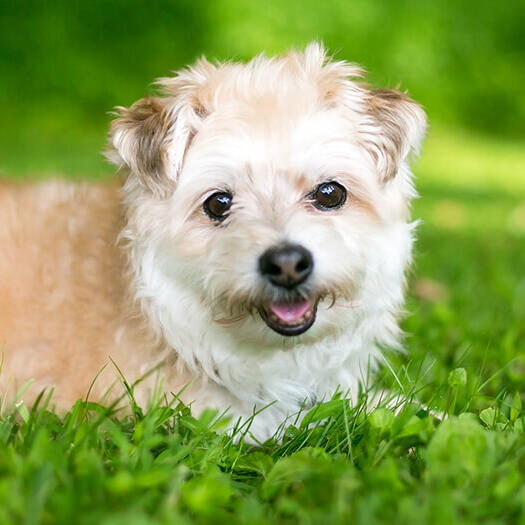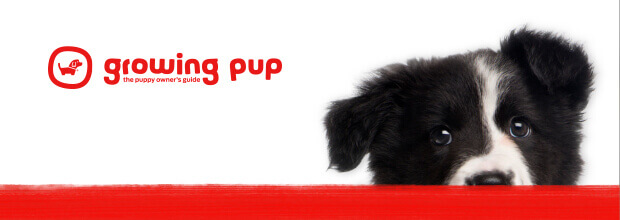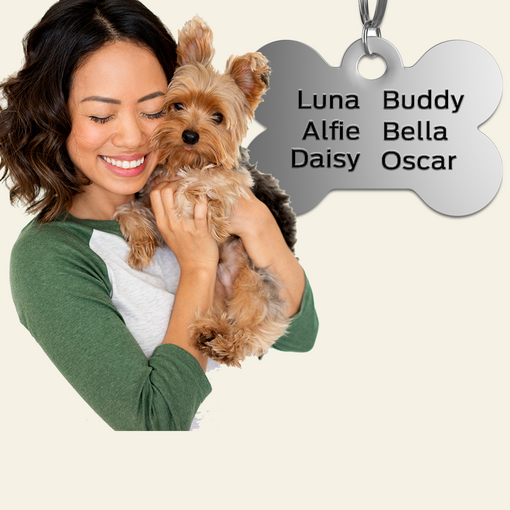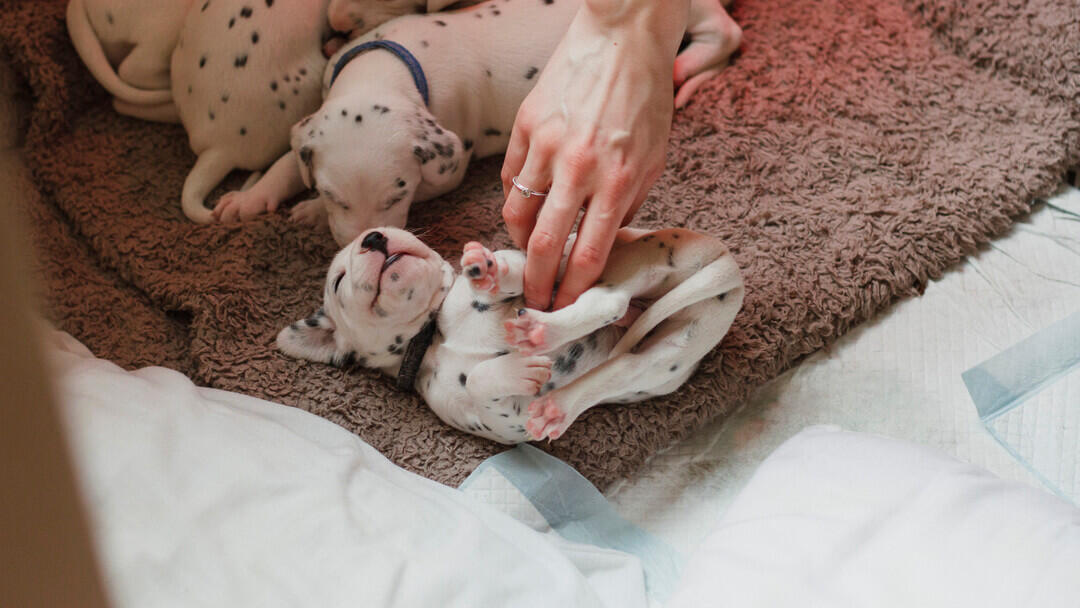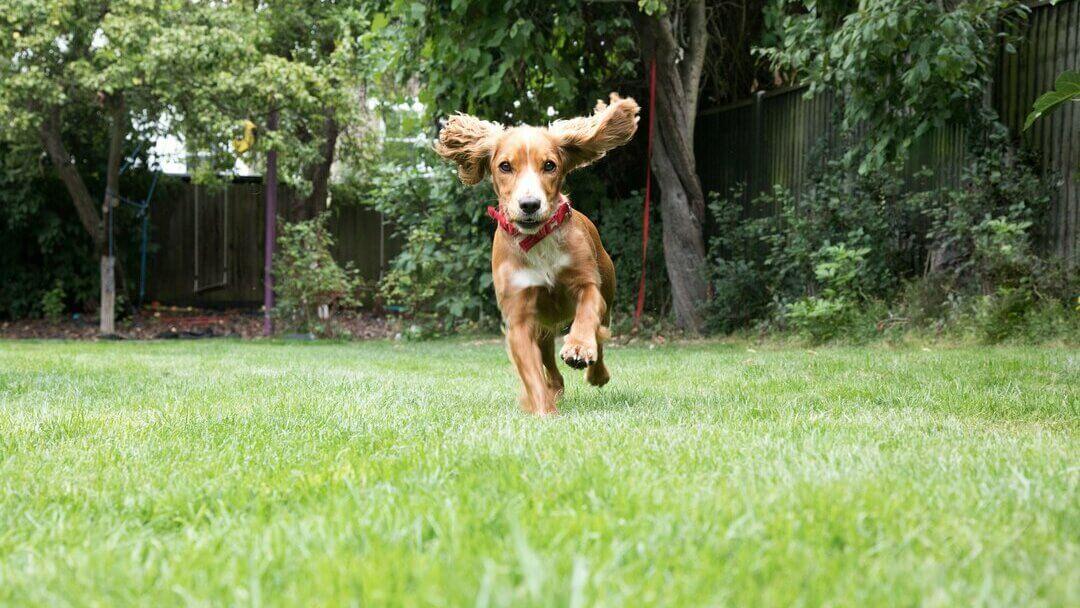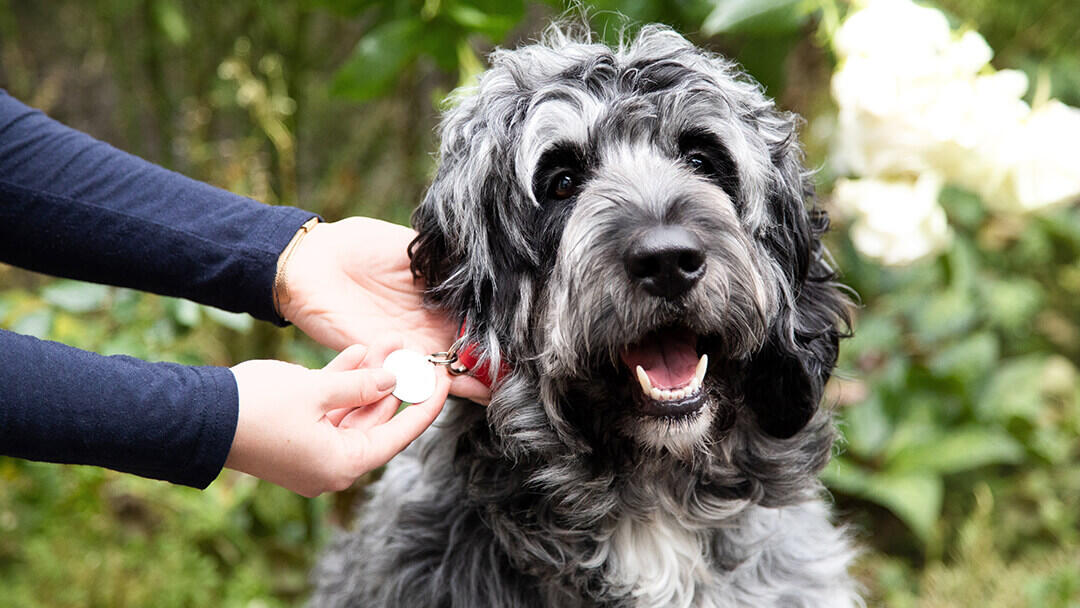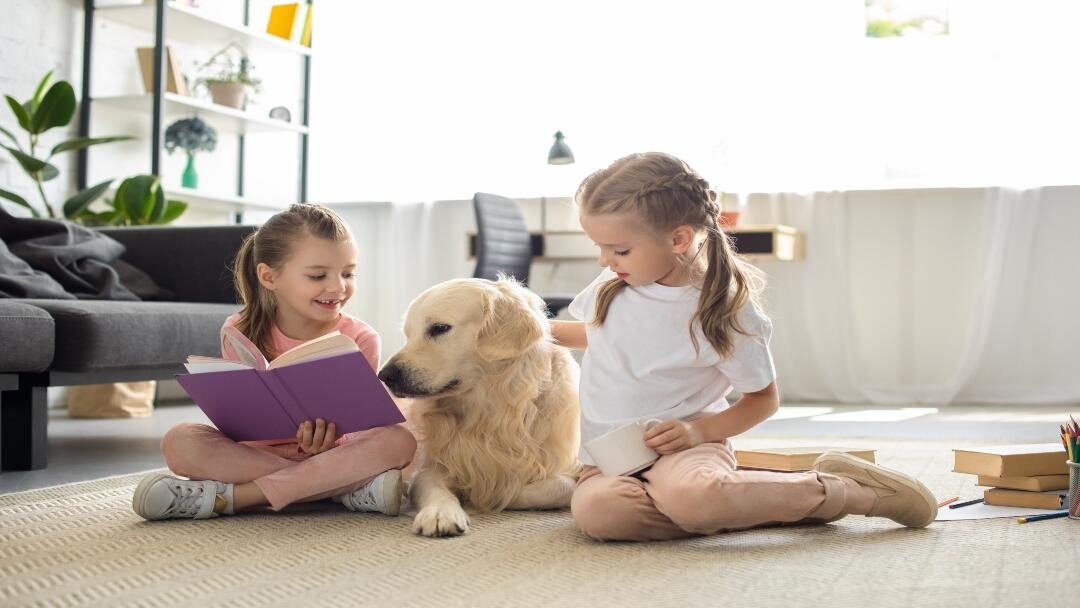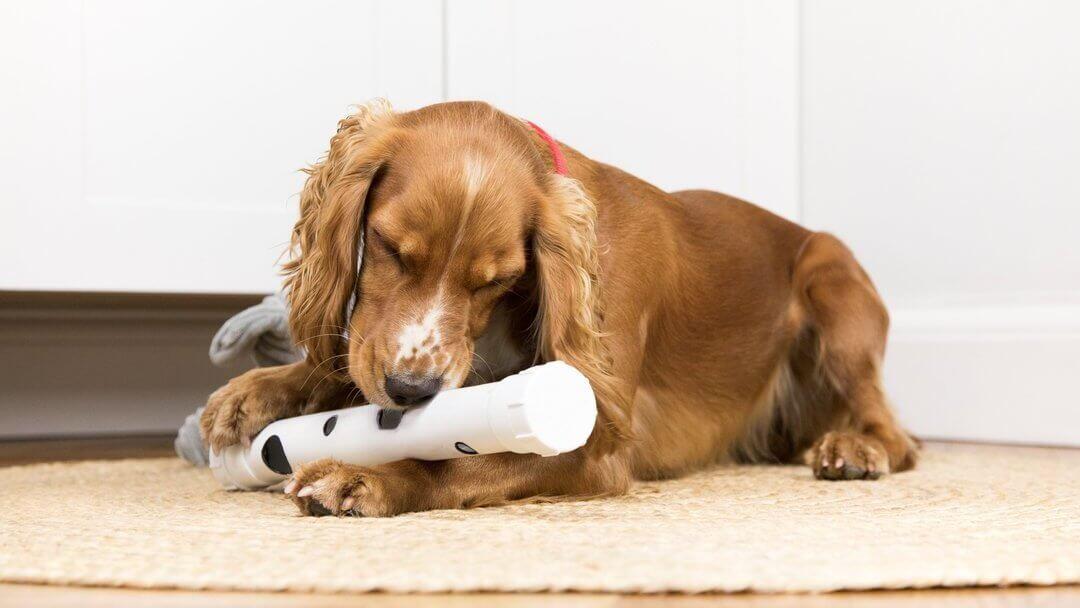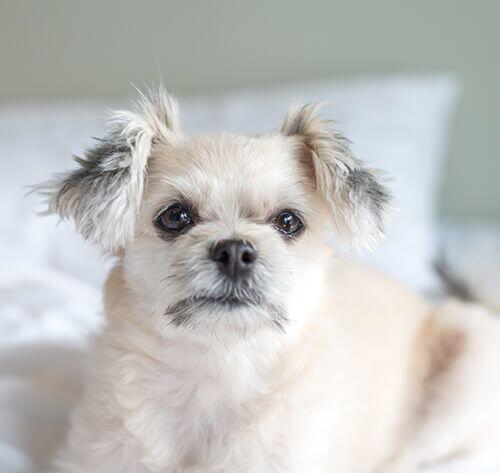
The Poodle is a lively, sociable, outgoing and affectionate dog who is both intelligent and amusing, and makes a wonderful and fun companion. They love to be included in all family pursuits and can be good watch dogs, announcing visitors loudly!
These lovely characteristics are inherited by Pomapoo dogs, making them wonderful small companions who will enjoy training and games. Plus, they’ll have a lot to say for themselves, so expect them constantly talking to everyone who wants to listen. They love nothing more than being with their owner.
The personality of a Pomapoo seems to be more consistent when they are first crosses (F1). As a line is successively bred, they can be either bred back to one of the original breeds (and so strengthen either the Pomeranian or the Poodle personalities) or be bred to another Pomapoo - in which case there is less predictability in temperament (and in-breeding becomes more of a potential issue).
Responsible breeders should be prioritising behaviour as highly as health and so it is important to find a good breeder. A well-bred Pomapoo should be outgoing and confident, not nervous, shy or fearful.
